Indian Americans: Are we our own worst enemy?
For decades, Indian Americans symbolized the success story of immigration. Highly educated, law-abiding, financially prosperous, and tax-paying citizens of America.
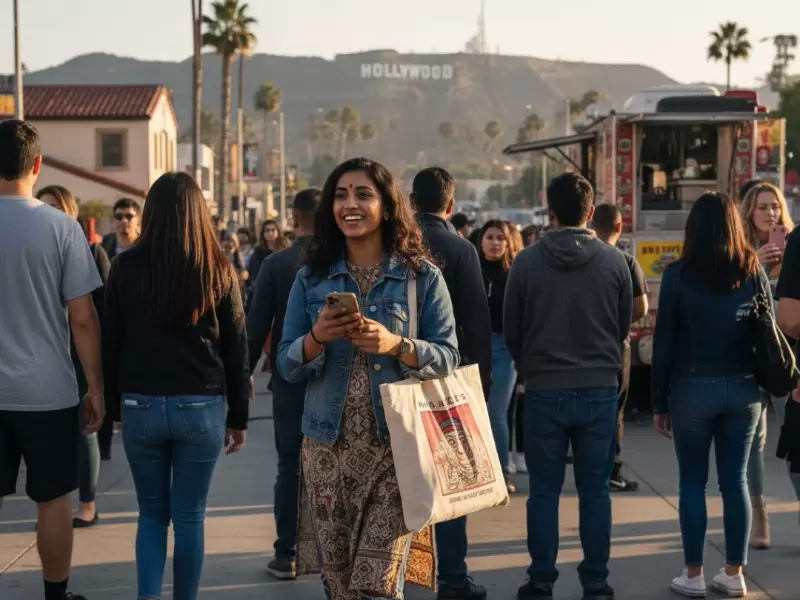 Representative Image / AI-generated
Representative Image / AI-generated
Indian Americans are facing a new and uncomfortable reality in the United States. The rise in anti-Indian sentiments—from online hate to neighborhood hostility—has shaken a community long celebrated for success and respectability. But behind the headlines lies a harsher truth: not all blame can be placed on racism or xenophobia; part of the backlash stems from the behavior of some Indians themselves. What is it that the Indian American community is doing wrong?
Facing confrontation
For decades, Indian Americans symbolized the success story of immigration. Highly educated, law-abiding, financially prosperous, and tax-paying citizens of America. According to the Pew Research Center, over 5 million Indian Americans now live in the US. That number is a 174 percent surge since 2000. With a median household income of $151,200—far above the national average of $74,580—they remain one of the most successful ethnic groups.
But that once celebrated image is now under strain. A 47-second video from Dallas went viral earlier this year when a coffee shop owner mocked Ganesh Chaturthi celebrations outside a suburban home, writing, "Typical view in my neighborhood. We have to cancel the H1-Bs. I want my kids to grow up in America, not India."
What followed was a fierce debate—not just about racism, but about boundaries. Many Indians themselves admitted the celebrations were loud, obstructive, and disrespectful to neighborhood peace. While the video was undeniably xenophobic, it also forced introspection and open conversations.
Shankha Guchait, a Houston-based business consultant, conveys frustration over the changing attitude of the Indian American community. "In this country, Americans are not used to noisy celebrations on the road. If such a loud and open celebration is what matters to you, why are you here?" asks Guchait. "In Houston, we have been doing the Ganeshotsav celebration publicly for years with permission. But those are designated areas. Expecting the same response in a suburban neighborhood is inviting trouble."
The truth is that in the last few years, many Indian festivities in America have turned into public disturbances. Driveways become dance floors, crackers go off in quiet suburbs, and streets are left littered with debris. Social media captions like "Bringing India to America" may sound proud, but to many non-Indians, it looks like cultural disregard.
In suburban Chicago, several Facebook posts ranted about Diwali firecrackers going off for three to four nights in a row, often late into the night, showing little consideration for neighbors.
Similar scenes played out elsewhere—in New York, houses caught fire from stray fireworks, and in New Jersey, firefighters used water hoses to control the chaos on crowded streets littered with spent fireworks and trash.
"We can't claim victimhood while ignoring how we sometimes impose our culture without consideration," said Janak Bedi, a New Jersey event organizer. Bedi has been organizing Indian cultural events in New Jersey for more than a decade. "We have to remember that we have come to this country from outside, and we have to follow the laws of this country."
Fear and silence
Not everyone is defiant. Many Indian Americans live in quiet fear. Vaishali Nagoree, a senior data analyst in Chicago, was told in a mall elevator to "go back to your country." At work, too, Vaishali has noticed a clear change in the atmosphere. "Colleagues have started questioning my educational background and why I'm the one being hired for my job. I fear that with downsizing and layoffs, I will be an easy target," she said. Even though Vaishali is an American citizen, she avoids expressing opinions about the H1-B visa, immigration, or politics.
The AAPI Equity Alliance's Stop AAPI Hate Report documented a 75 percent increase in anti-Indian harassment online between December 2024 and January 2025. Much of it revolves around accusations of Indians "stealing jobs" and "taking over neighborhoods."
Janak Bedi adds that he regularly works with many Americans when he organizes events. "But we should not forget that, despite friendships and success, we are outsiders in the eyes of many of our neighbors."
The confidence trap
But as they say, there is security in numbers. And as the number of Indian Americans has grown, overconfidence has settled in. For a growing and prosperous community, humility has quietly slipped away. Boastful posts about "outnumbering white doctors" or "dominating Silicon Valley" only reinforce stereotypes that Indians are taking over. Pride in success is being looked upon as provocation.
In his second term, President Trump has turned the Indian American success story into a political weapon. His proposed $100,000 fee for new H1-B visa applicants and his attacks on India's trade policies are framed as protecting "American jobs" from "foreigners." Such rhetoric paints Indians as privileged outsiders thriving at the expense of ordinary Americans.
"The foundation of the India-US relationship rests first on the diaspora—even before defense or economic ties," said Yogesh Joshi, director of the India Center at the University of Central Florida. "This bond is not unshakable. That mindset is risky because it stops us from preparing for potential challenges."
Saba Haider, a member of DuPage County and a Democratic Party candidate running for State Assembly elections in Illinois, feels the Indian American community is facing a rude awakening. "For years, we felt we were not like Blacks or the Hispanics because of our wealth and education," Haider explains. "But today, we are being reminded that we are brown and a minority. Indians are realizing that higher income and education do not guarantee respect."
Looking inward
As much as Indians face racial hostility, community leaders admit it's time to look within. The visible behavior of some within the community needs to be addressed. "How we present ourselves must reflect grace and gratitude, not chaos. We must integrate with humility," said Saba Haider.
Many Americans do admire Indian culture, food, and movies. But when it becomes loud and intrusive, it risks feeding the rhetoric that Indians come here, take jobs, refuse to assimilate, and are changing America instead of blending into it.
Experts agree that the path ahead lies in Indians speaking up against their own—those who act unruly, ignore local norms, and disturb public peace in the name of celebration. Calling out such behavior isn't being anti-Indian. It's taking the responsibility to protect the reputation of the larger community.
"Indians must connect with ordinary Americans and show what modern India stands for," said Joshi. "Ideas have to be contested with ideas, not arrogance."
Being proud of one's heritage is not wrong—but it must walk hand in hand with respect for the land Indians now call their home.
The author is a Chicago-based freelance journalist.
(The views and opinions expressed in this article are those of the author and do not necessarily reflect the official policy or position of New India Abroad)
ADVERTISEMENT
ADVERTISEMENT
E Paper
Video



 Madhu Bhatia Jha
Madhu Bhatia Jha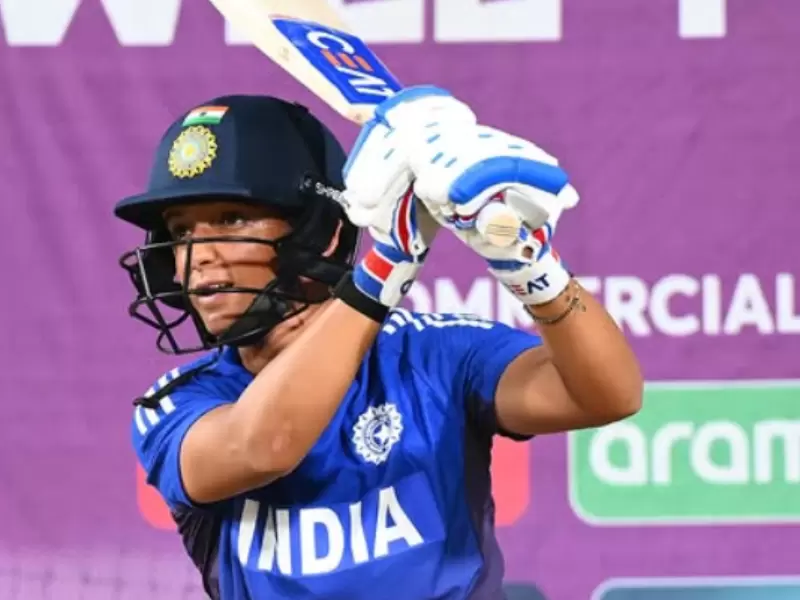
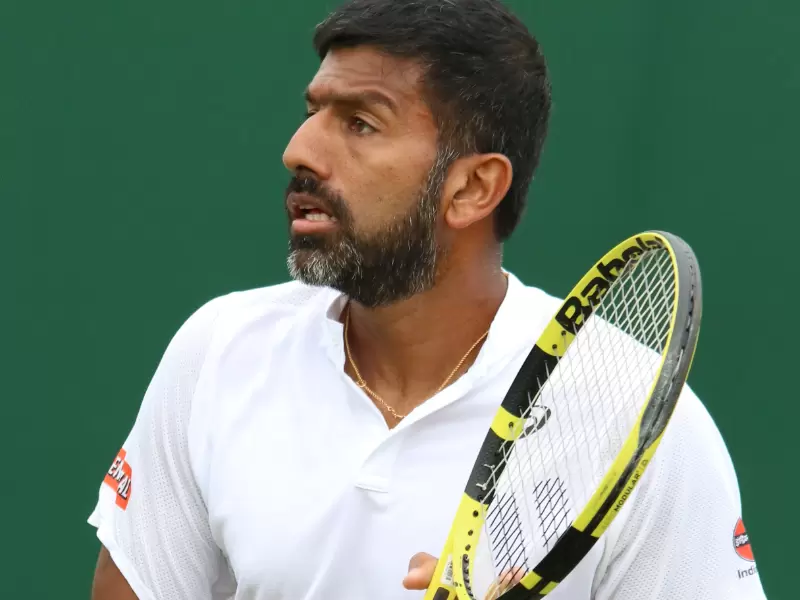
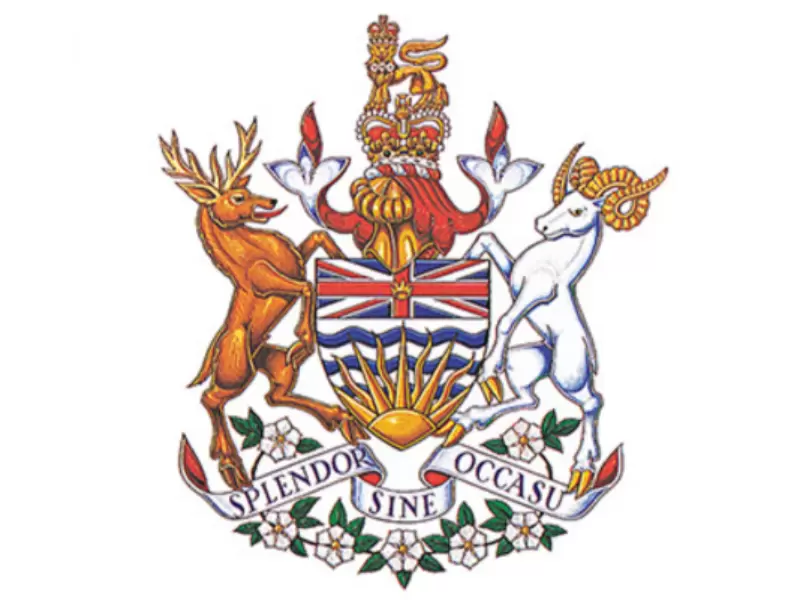
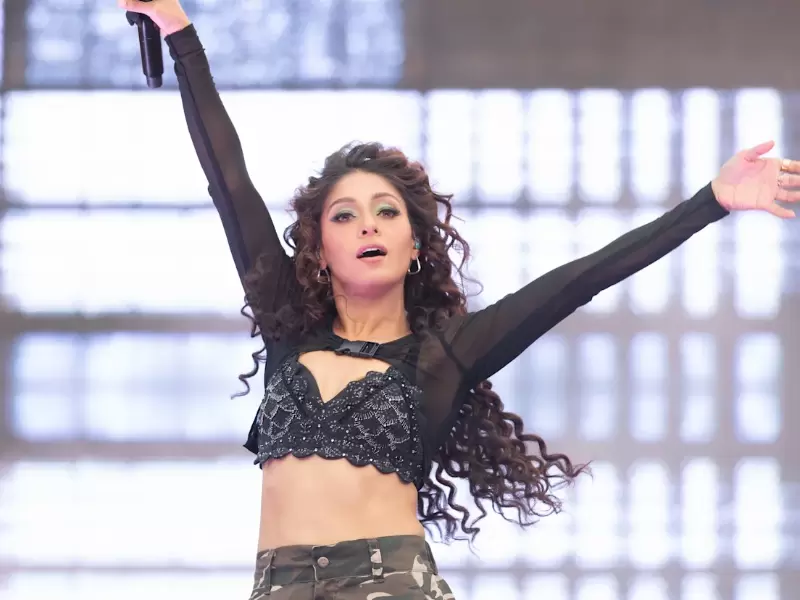
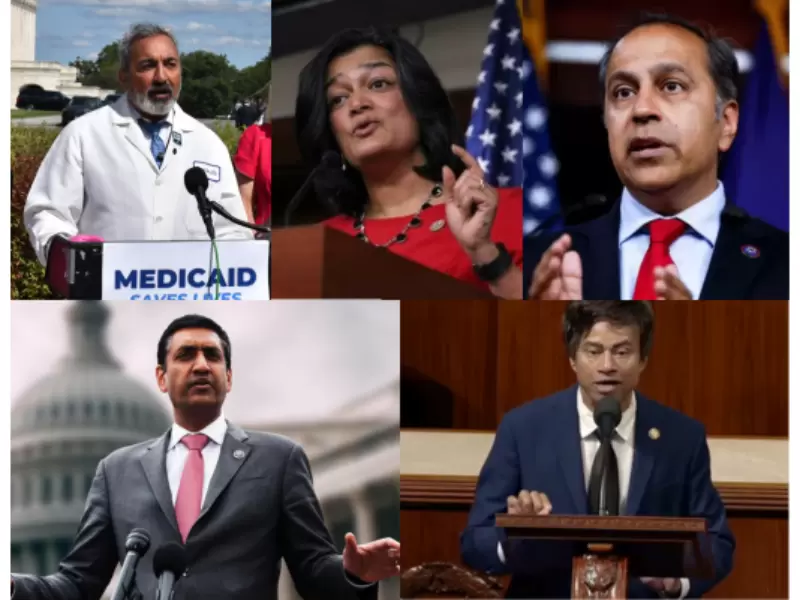
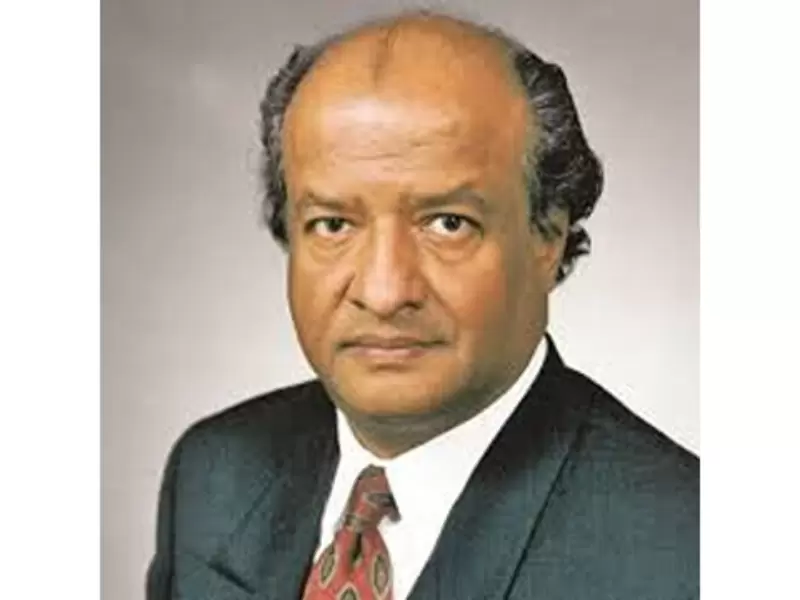
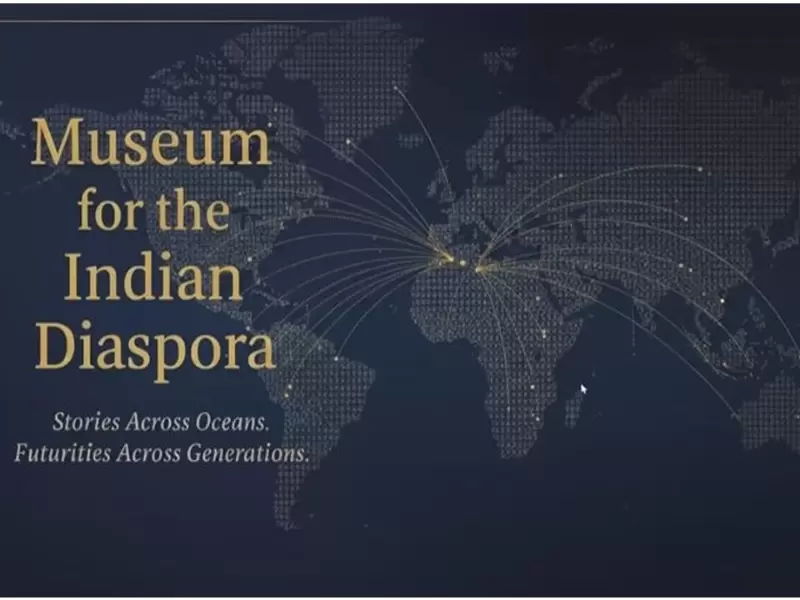
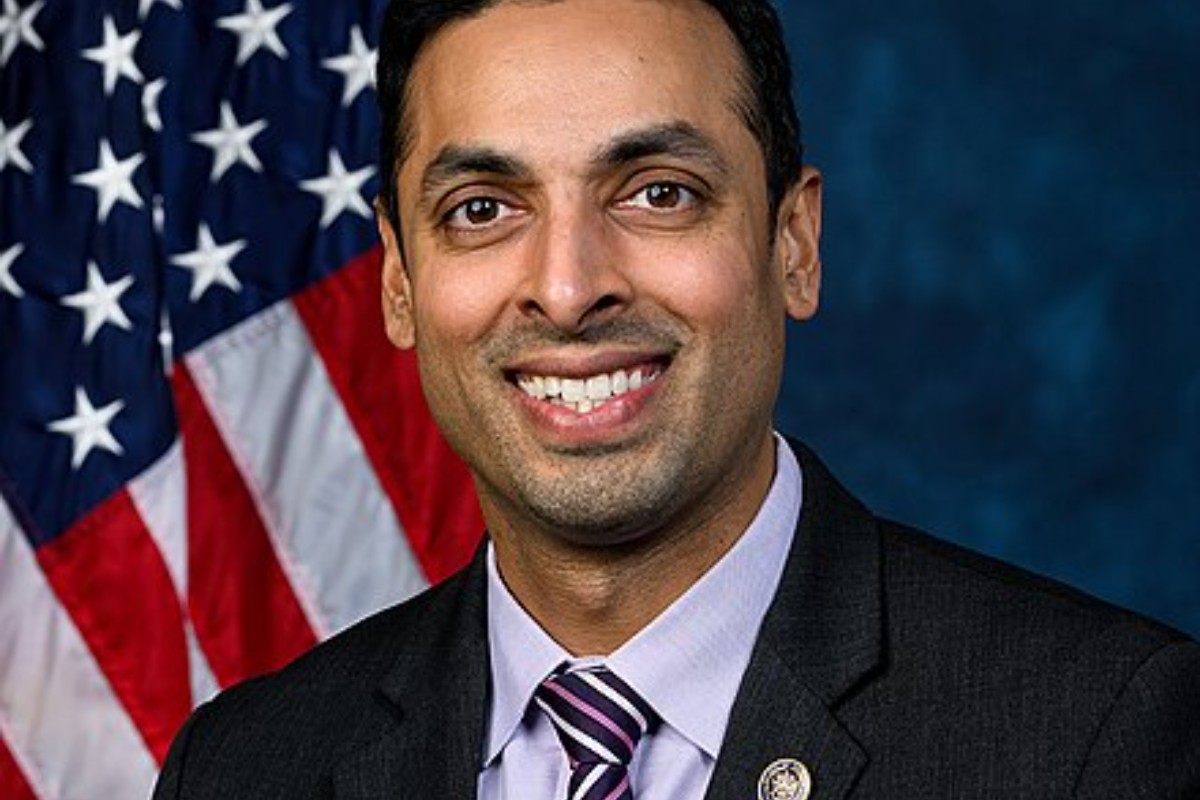
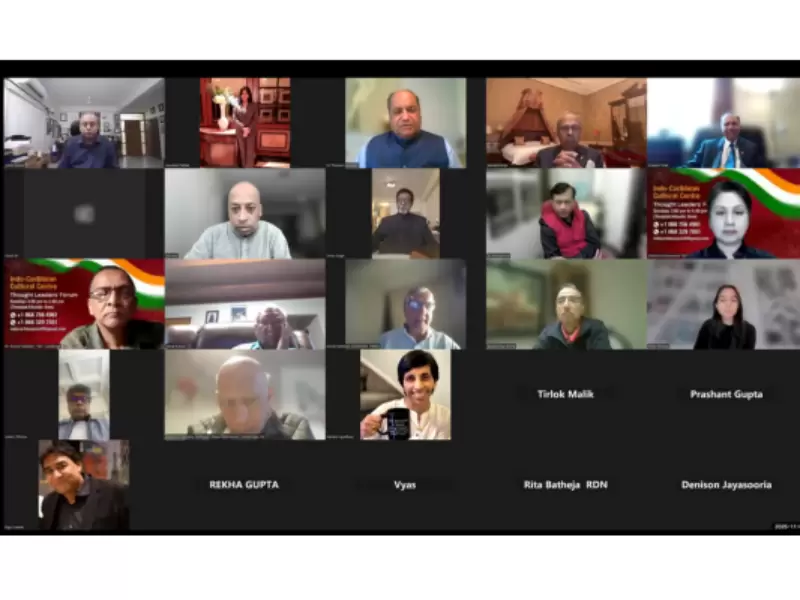
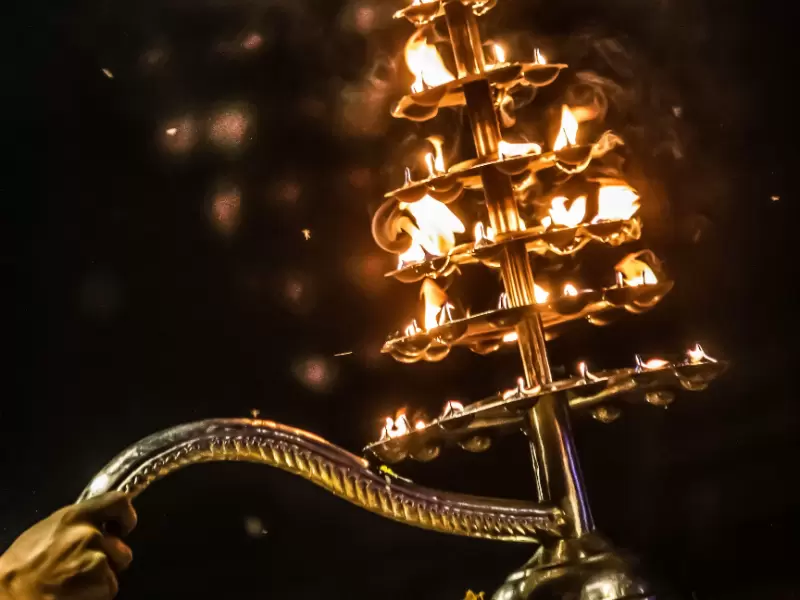
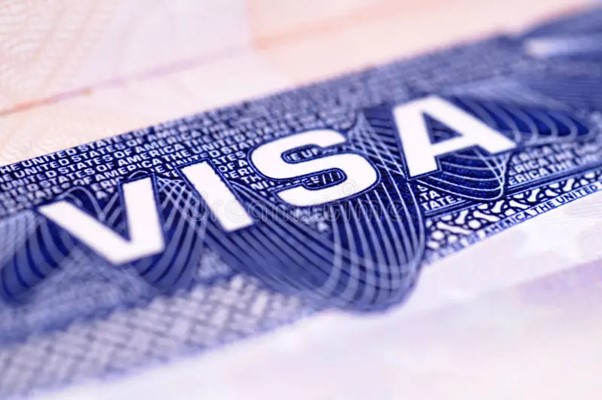

Comments
Start the conversation
Become a member of New India Abroad to start commenting.
Sign Up Now
Already have an account? Login